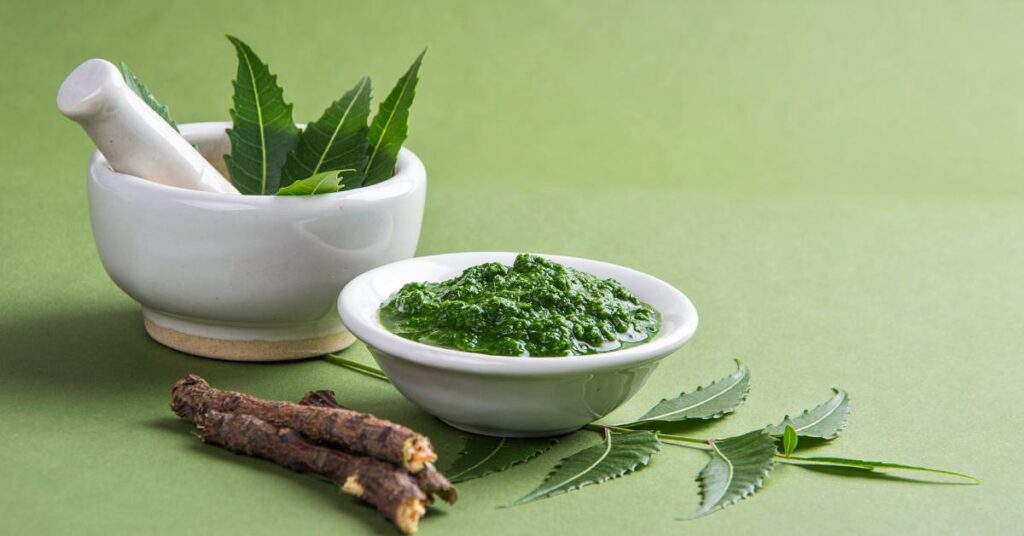Is there sufficient scientific research on Ayurveda?

Although some ayurvedic doctors believe that because ayurvedic medicine and treatment have been used for so long, it must be safe and trustworthy, others are skeptical due to a lack of scientific study. The majority of Ayurvedic knowledge and medicine has been passed down over the years from ayurvedic doctors to students. Ancient writings, such as the ‘Charak Samhita’ and ‘Sushruta Samhita’, include documentation about the efficacy of ayurvedic medicines and treatments. However, oral history and a few publications are the only sources of evidence. Hence, the use of ayurvedic short fixes by the common man at home is easy. The names of the ingredients of ayurvedic medicine in Hindi make it easy for people to concoct simple and basic medicine recipes.
To offset the evident uncertainties about the system’s effectiveness, considerable study has been conducted through the years, and various concepts like ayurvedic medicine, and therapies are now acknowledged. The Ayurvedic premise on the psychological and physical changes that humans experience as the seasons’ change were studied and eventually labeled as SAD – Seasonal Affective Disorder.
The health advantages of Ayurvedic techniques like yoga, massage, and meditation have been demonstrated, and these beliefs cast little doubt on the safety of ayurvedic medicine. Many of these medications are prepared from herbs that have been proven to be helpful to the human body, such as turmeric, ginger, and neem.
The World Health Organization (WHO) considers Ayurveda to be a traditional type of medicine as well.
As the western understanding of Ayurveda is still in its early stages, there are a few concerns regarding its safety. This apprehension is bound to dissipate as more Ayurvedic practitioners share their expertise with other healthcare providers.
The Ayurvedic practice has lately, acquired prominence in the western world, though it has been utilized in some form or other by Indians since ancient times. Because of its numerous advantages, it is increasingly regarded as an alternative medical therapy. But, before we can determine if Ayurvedic medications are safe, we must first comprehend the basic principles of Ayurveda.
Ayurvedic Principles

-
Kapha is a kind of energy
Kapha energy is linked to the soil and water. It is related to the chest, back, and torso and is thought to govern strength and development. If a person's Kapha energy is disrupted, he or she may become fat or develop diabetes, nasal difficulties, or gallbladder difficulties.
-
Vata is a kind of dosha
Vata energy is related to the elements of space and air. It regulates physical movement, blood circulation, and respiration. When a person's Vata energy is disrupted, they may experience joint discomfort, dry skin, anxiety, and constipation.
-
Pitta is a kind of dosha
Pitta energy is associated with fire. It is believed to regulate the endocrine and digestive systems. When pitta is imbalanced, a person may have ulcers, inflammation, rage, heartburn, arthritis, and other digestive issues.
Is it safe to take Ayurvedic medicine?

There was no doubt that these medications were safe until 2008 when research published in the Journal of the American Medical Association (JAMA) discovered that around 21% of Ayurvedic medications purchased online had measurable quantities of mercury, lead, and arsenic.
This uproar prompted more studies, and the Centers for Disease Control and Prevention (CDC) eventually reported six cases of lead poisoning in pregnant women who had ingested Ayurvedic medications containing lead. Lead can cause major issues in the fetus’s brain development and prenatal health, as well as the pregnant woman’s.
What is Panchakarma treatment and how Panchakarma treatment helps?

Disadvantages of ayurvedic medicine
-
Triphala
diarrhea and abdominal discomfort, particularly at high doses.
-
Guggul
upset stomach, headaches, nausea, vomiting, loose stools, diarrhea, belching, and hiccups.
-
Boswellia
can cause stomach pain, nausea, diarrhea, and an allergic rash (when applied to the skin)
Ayurvedic practitioners have debated the existence of lead in Ayurvedic medications. They allege that incorrect medicine use may have resulted in lead poisoning. Inadequate manufacture of Ayurvedic medicine might possibly have resulted in contamination. Furthermore, Ayurvedic practitioners in the United States are not legally qualified or licensed.
To guarantee the safety of ayurvedic medicine, patients must speak with their practitioners, who must completely disclose the therapy and other ayurvedic medicine that they prescribe. Patients must also notify their practitioner of any side effects they are experiencing in order to prevent any risks associated with the herbs and therapies being utilized.
Ayurvedic remedies are created from natural herbs and twigs, and some of them are quite potent and concentrated. Only a licensed and experienced practitioner would be aware of the dosage and technique of preparation. The International Society for Ayurveda and Health further advises that Ayurvedic medications be consumed only when prescribed and adequately overseen by a professional practitioner.
To determine the safety of these medications, it is essential to have them prescribed by a skilled Ayurvedic practitioner and then analyze the outcomes on an individual basis. You can always google for ‘ayurvedic clinic near me/ayurvedic store near me/ayurvedic shops near me’ to consult a certified ayurvedic doctor and purchase prescribed medicines.
Continue reading Indian IFM Core Studio blog posts to understand more about Ayurveda and its advantages. You can connect with us for further information at corestudio.indianfitnessmantra.com

